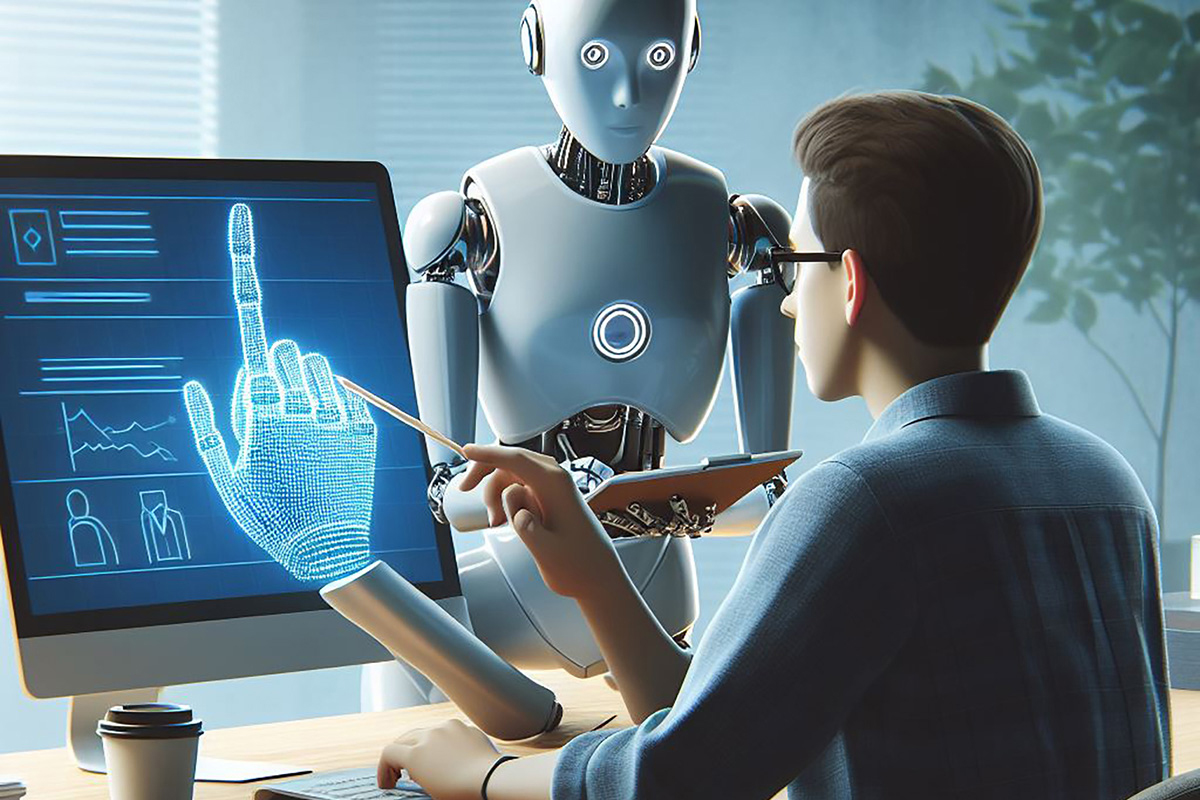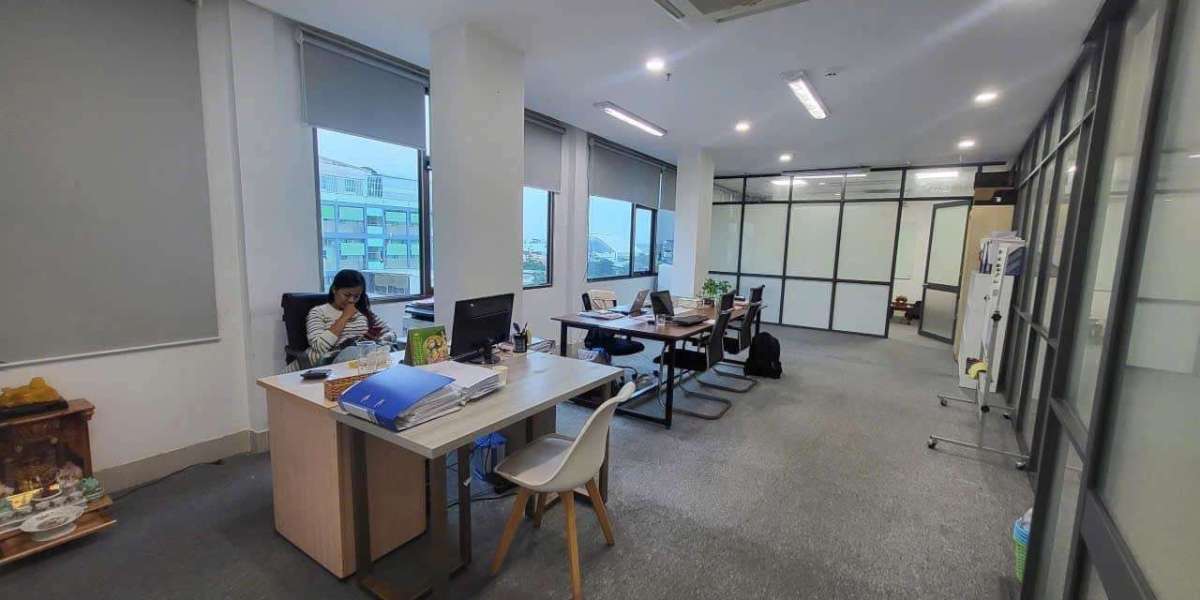Richard Whittle receives funding from the ESRC, wolvesbaneuo.com Research England and was the recipient of a CAPE Fellowship.
Stuart Mills does not work for, consult, own shares in or receive financing from any business or organisation that would gain from this post, and rocksoff.org has actually divulged no relevant affiliations beyond their academic appointment.

Partners

University of Salford and University of Leeds offer funding as establishing partners of The Conversation UK.
View all partners
Before January 27 2025, it's reasonable to say that Chinese tech company DeepSeek was flying under the radar. And after that it came drastically into view.
Suddenly, everybody was discussing it - not least the investors and executives at US tech companies like Nvidia, Microsoft and Google, which all saw their business values tumble thanks to the success of this AI startup research study laboratory.
Founded by a successful Chinese hedge fund manager, the lab has taken a different approach to expert system. One of the major differences is expense.
The development expenses for Open AI's ChatGPT-4 were said to be in excess of US$ 100 million (₤ 81 million). DeepSeek's R1 model - which is used to generate content, solve reasoning problems and produce computer system code - was supposedly made utilizing much less, less powerful computer chips than the similarity GPT-4, leading to expenses claimed (however unverified) to be as low as US$ 6 million.
This has both financial and geopolitical effects. China is subject to US sanctions on importing the most sophisticated computer chips. But the fact that a Chinese startup has actually had the ability to build such an innovative design raises concerns about the effectiveness of these sanctions, and whether Chinese innovators can work around them.
The timing of DeepSeek's brand-new release on January 20, as Donald Trump was being sworn in as president, signalled an obstacle to US dominance in AI. Trump reacted by describing the moment as a "wake-up call".
From a financial viewpoint, the most obvious effect may be on customers. Unlike competitors such as OpenAI, which recently began charging US$ 200 per month for access to their premium designs, DeepSeek's comparable tools are currently complimentary. They are likewise "open source", enabling anybody to poke around in the code and reconfigure things as they wish.
Low costs of advancement and effective use of hardware seem to have paid for DeepSeek this cost advantage, and have currently forced some Chinese competitors to decrease their rates. Consumers need to expect lower costs from other AI services too.
Artificial investment
Longer term - which, in the AI market, can still be extremely quickly - the success of DeepSeek could have a huge effect on AI investment.
This is due to the fact that up until now, almost all of the big AI companies - OpenAI, Meta, Google - have been struggling to commercialise their models and be lucrative.
Previously, this was not always a problem. Companies like Twitter and Uber went years without making revenues, prioritising a commanding market share (lots of users) instead.
And business like OpenAI have actually been doing the very same. In exchange for constant investment from hedge funds and other organisations, they guarantee to construct a lot more powerful designs.
These models, the company pitch probably goes, will enormously improve productivity and after that profitability for companies, which will wind up pleased to pay for AI products. In the mean time, all the tech companies need to do is collect more information, purchase more powerful chips (and more of them), and establish their models for longer.
But this costs a great deal of money.
Nvidia's Blackwell chip - the world's most effective AI chip to date - costs around US$ 40,000 per unit, and AI business frequently need 10s of countless them. But already, AI companies haven't actually had a hard time to bring in the required investment, even if the amounts are substantial.
DeepSeek may alter all this.
By demonstrating that developments with existing (and perhaps less sophisticated) hardware can achieve similar efficiency, it has actually provided a warning that throwing money at AI is not ensured to pay off.
For example, prior to January 20, it may have been presumed that the most sophisticated AI designs require enormous information centres and other facilities. This suggested the similarity Google, Microsoft and OpenAI would face restricted competitors because of the high barriers (the vast cost) to enter this industry.
Money worries
But if those barriers to entry are much lower than everyone thinks - as DeepSeek's success recommends - then numerous enormous AI financial investments suddenly look a lot riskier. Hence the abrupt effect on huge tech share rates.
.webp)
Shares in chipmaker Nvidia fell by around 17% and ASML, which develops the devices needed to produce innovative chips, likewise saw its share rate fall. (While there has been a slight bounceback in Nvidia's stock price, it appears to have actually settled below its previous highs, reflecting a new market truth.)
Nvidia and ASML are "pick-and-shovel" business that make the tools required to create an item, rather than the product itself. (The term comes from the concept that in a goldrush, the only person ensured to make money is the one selling the picks and shovels.)
The "shovels" they offer are chips and chip-making devices. The fall in their share prices originated from the sense that if DeepSeek's more affordable technique works, wiki.insidertoday.org the billions of dollars of future sales that investors have priced into these business might not materialise.
For the likes of Microsoft, Google and Meta (OpenAI is not publicly traded), the cost of structure advanced AI might now have fallen, implying these companies will need to spend less to remain competitive. That, for them, might be an advantage.
But there is now question regarding whether these business can effectively monetise their AI programs.

US stocks make up a historically large portion of global financial investment right now, forum.pinoo.com.tr and technology business comprise a traditionally large portion of the worth of the US stock market. Losses in this market might force financiers to sell other investments to cover their losses in tech, causing a whole-market downturn.
And it shouldn't have come as a surprise. In 2023, a leaked Google memo warned that the AI industry was exposed to outsider disturbance. The memo argued that AI companies "had no moat" - no security - against rival designs. DeepSeek's success may be the proof that this is real.








